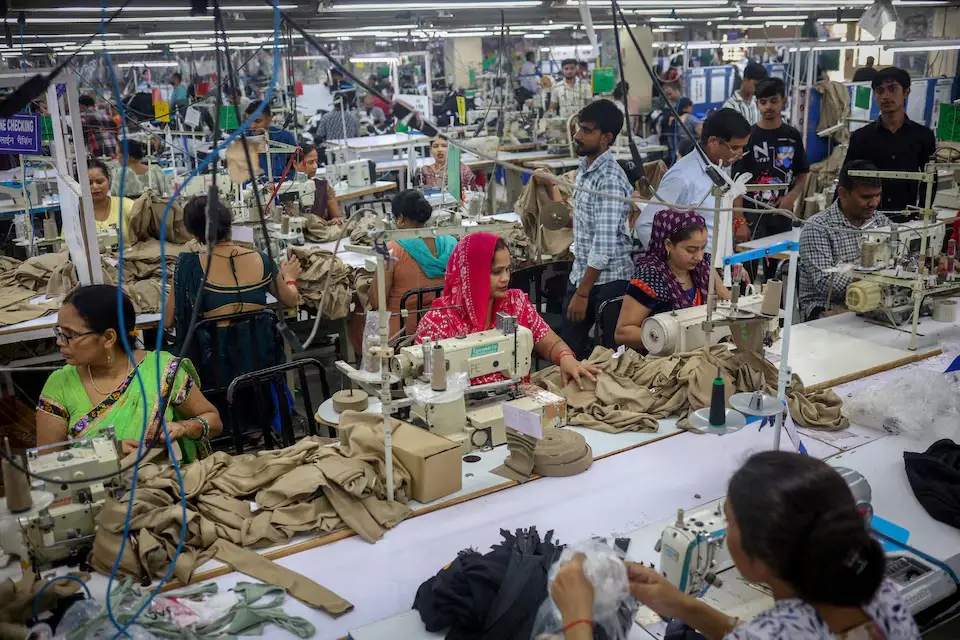India Trade Unions Condemn New Labour Codes, Announce Protests
Unions Call Labour Reforms a Major Setback
Ten major Indian trade unions criticised the government’s new labour regulations.
They called the India labour codes a “deceptive fraud” against workers.
Unions aligned with opposition parties demanded a complete rollback.
They also announced nationwide protests scheduled for Wednesday.
The announcement came in a joint statement released on Friday.
Government Says Codes Modernise Old Laws
Prime Minister Narendra Modi’s government introduced four codes aimed at reforming outdated work rules.
Some of these laws date back to British colonial rule.
Officials said the new system improves transparency and strengthens worker protections.
The Labour Ministry has held several consultations with unions since June 2024.
The ministry has not yet responded to the latest criticism.
New Rules Bring Benefits and Major Concerns
The codes offer wider social security coverage and ensure minimum-wage benefits.
At the same time, they allow companies to hire and fire workers more easily.
This change has triggered strong reactions from unions.
Unions fear the reforms weaken job security and tilt power towards employers.
Factory shifts may now be longer, and women can work night shifts under the new laws.
Businesses Still Divided Over Changes
Many businesses have complained about India’s strict labour rules for years.
They blame older laws for slow manufacturing growth in the nearly $4 trillion economy.
However, some business groups are worried about rising operational costs.
The Association of Indian Entrepreneurs warned that small companies may struggle.
They asked the government for transitional support and flexible implementation.
Not All Groups Oppose the Reform
Some unions support the new framework.
The Bharatiya Majdoor Sangh, aligned with the ruling party, urged states to adopt the codes.
States will now create their own rules for wages, safety, industrial relations and social security.
The government says this system gives states more control.
Debate over these reforms is expected to continue in the coming months.













